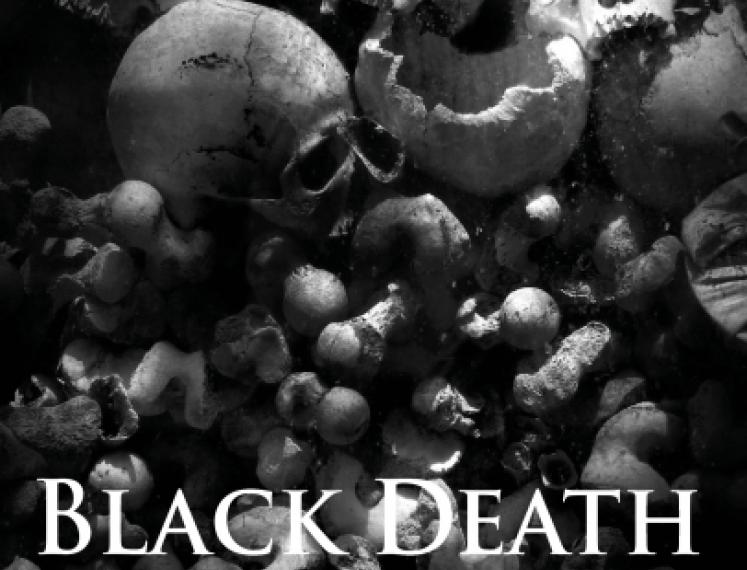German comedy: Goodbye, Lenin!
Directed by Wolfgang Becker, 2003, 121 min.
In 1990, to protect his fragile mother from a fatal shock after a long coma, a young man must keep her from learning that her beloved nation of East Germany as she knew it has disappeared. ?
A dedicated young German boy pulls off an elaborate scheme to keep his mother in good health in this comedy drama from director Wolfgang Becker. Suffering a heart attack and falling into a coma after seeing her son arrested during a protest, she remains comatose through the fall of the Berlin wall and the German Democratic Republic. Knowing that the slightest shock could prove fatal upon his mother's awakening, her son strives to keep the fall of the GDR a secret for as long as possible. Keeping their apartment firmly rooted in the past, his scheme works for a while, but it's not long before his mother is feeling better and ready to get up and around again.
Julian Hanich is Assistant Professor of Film Studies at the University of Groningen. From 2009 to 2012 he held a position as a postdoctoral research fellow at the interdisciplinary research center “Languages of Emotion” at the Free University Berlin.
He wrote his first monograph on the phenomenology of fear at the movies – entitled Cinematic Emotion in Horror Films and Thrillers. The Aesthetic Paradox of Pleasurable Fear. He has also co-edited a volume of the German online journal Nach dem Film on Laughter in the Movie Theater and co-edited a book on filmic suggestion and the viewer’s imagination.
He wrote numerous articles and is also a film critic for the Berlin-based daily Der Tagesspiegel.
Links:
Goodbye, Lenin! on IMDb
YouTube: Trailer Goodbye, Lenin!


